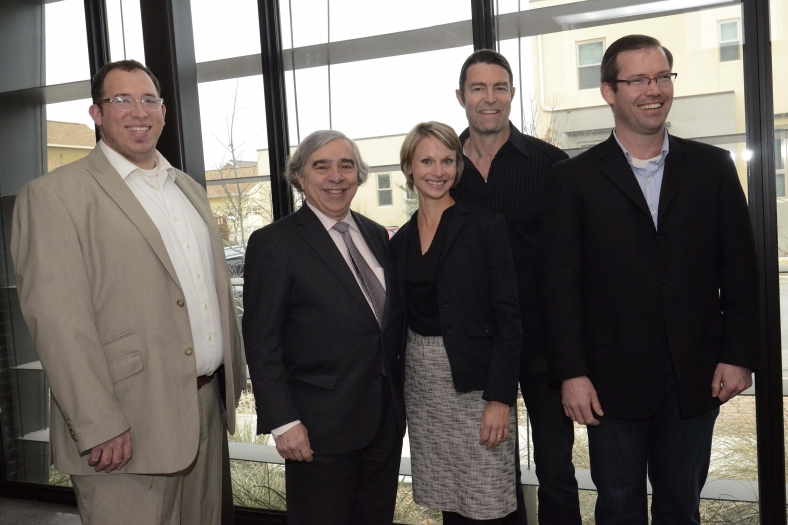July 3, 2014


Summers in Austin, Texas are hot. Temperatures rise to an average of 97 degrees Fahrenheit daily, causing residents to swelter and energy bills to soar.
However, one Recovery Act-funded project is helping find a way to turn down the heat on electricity bills.
Pecan Street is testing a new smart grid system in the Robert Mueller mixed-use development. The project could have a significant impact on how we use and monitor energy in the future.
Using smart grid technologies, the project provides 1,000 residences, 25 small commercial properties and three public schools energy data in real-time. Customers can now set and track utility bill budgets, use software to manage the electricity use of individual appliances, and even sell energy back to the grid when they are using less than they produce. By integrating smart meters, solar panels, electric vehicles and energy storage capabilities, the project is already seeing the benefits of smart grid integration and providing customers with control over their electric usage.
As noted in a recent TIME magazine profile, the Pecan Street project is providing important data to utility companies. The real-time data can be used to analyze how weather events affect energy use, predict fluctuations in usage and improve power supply efficiency.
The organization is also saving customers money thanks to the installation of photovoltaic solar panels. Some participants have already received negative energy bills — meaning they added more energy to the grid than they consumed.
The results from this study — set to complete in early 2015 — will help inform how utilities and the Energy Department approach green communities, energy data, and modernizing the grid as we know it.
For more information, you can visit the Pecan Street website. To learn more about how the Energy Department is working to advance a modern electric grid, visit the Office of Electricity Delivery and Energy Reliability’s website.









